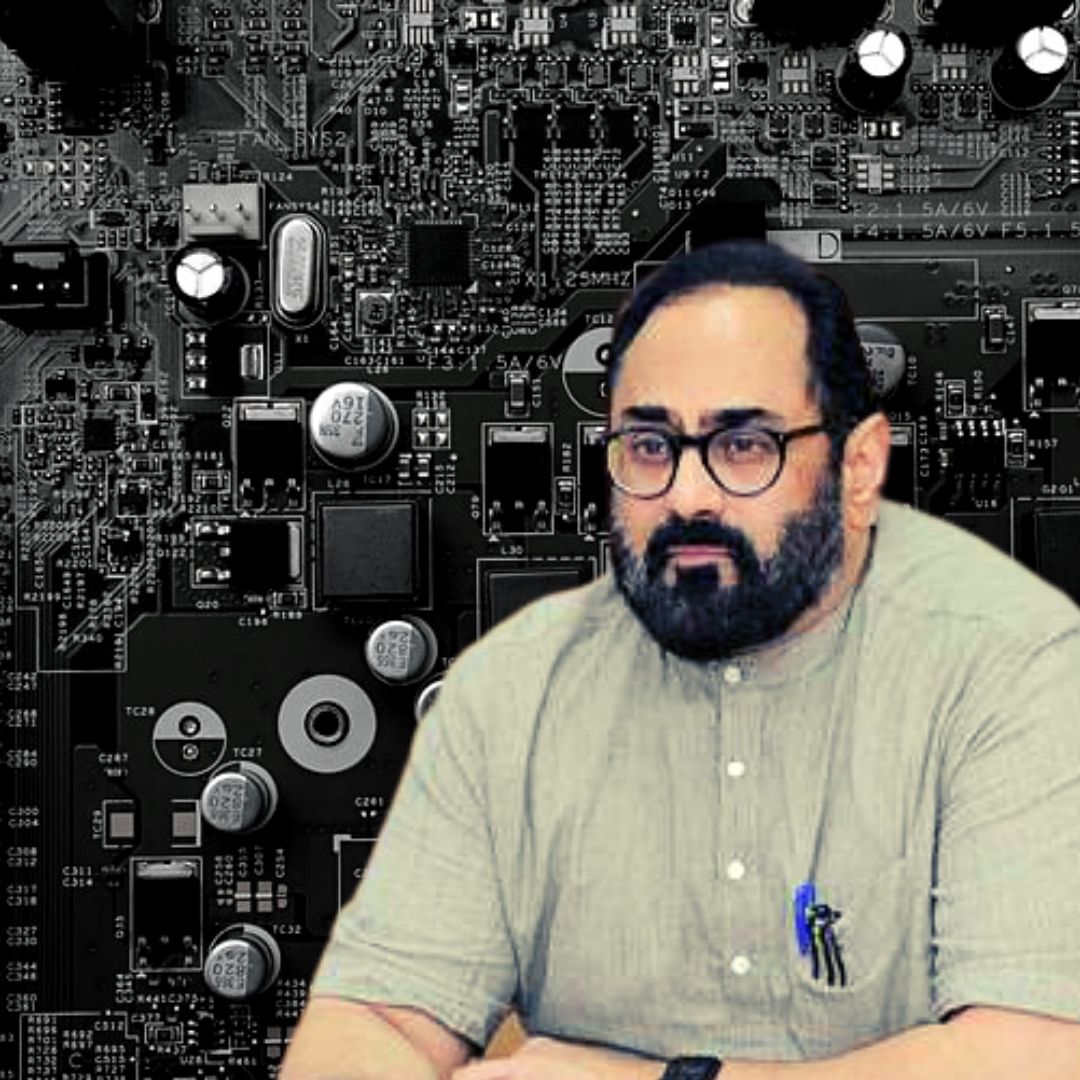'Gateway For Indian Scientists:' India Develops QSim To Meet Future Demands Of Computing Power
Writer: Tashafi Nazir
For most people, journalism sounds hectic and chaotic. For her, it's a passion she has been chasing for years. With an extensive media background, Tashafi believes in putting efforts on presenting a simple incident in the most interesting way.
India, 29 Aug 2021 6:10 AM GMT
Editor : Ankita Singh |
A literature lover who likes delving deeper into a wide range of societal issues and expresses her opinions about the same. Keeps looking for best-read recommendations while enjoying her coffee and tea.
Creatives : Tashafi Nazir
For most people, journalism sounds hectic and chaotic. For her, it's a passion she has been chasing for years. With an extensive media background, Tashafi believes in putting efforts on presenting a simple incident in the most interesting way.
Brought together by IIT Roorkee, IISc Bangalore and C-DAC, the initiative is intended to be an essential tool in learning and understanding the practical features of programming in Quantum Computing.
The government of India, on Friday, 27th August, launched the country's first 'Quantum Computer Simulator (QSim) Toolkit'. The first-of-its-kind toolkit will enable the researchers and students to carry out research in Quantum Computing in a cost-effective manner.
Brought together by IIT Roorkee, IISc Bangalore and C-DAC, the initiative is intended to be an essential tool in learning and understanding the practical features of programming in Quantum Computing, Minister of State for Electronics and Information Technology Rajeev Chandrasekhar said in a virtual event.
QSim is an outcome of the project "Design and Development of Quantum Computer Toolkit (Simulator, Workbench) and Capacity Building". Quantum Simulators are the devices through which scientists can study quantum effects, which are hard to study in labs. They are essential tools for developing and debugging quantum algorithms, Mint reported. Besides installing any kind of software on their devices, the researchers can sign in from any browser using qctoolkit.com. C-DAC's high-performance computers, like PARAM Shavak and PARAM Siddhi, will simulate using its computing resources. Quantum algorithms like Deutsch-Jozsa etc. are also built into the platform.
Speaking to Mint, Professor Govindan Rangarajan, Director, IISc said that this simulates quantum computation on the classical computer and the simulator includes different types of errors that can occur in a realistic, practical device. Other simulators like Google, IBM and Amazon are only able to simulate quantum systems with no error.
Cutting Edge Of Future Demands
Addressing the event, Chandrasekhar said, "We are nearing an era where conventional computing power growth through the traditional methods of silicon and semiconductor is coming to an end and now we will see the next generation of computing power growth from a combination of software new architectures, system redesign and new system paradigms. That is where quantum computing comes and is clearly going to be the cutting edge of the future demands of computing power." He added that the QSim is the Gateway for Indian scientists to take India forward on this path.
Expressing his happiness, the minister said that India has come a long way as a community of scientists. He said that the collaborative efforts have yielded the desired results, which is a way to grow the technical capabilities. "Our country has an enormous amount of talent. Our future in technology will be upscaled to a great extent by how productively we work in synergistic pattern, pick and assemble the best minds from across India to create the future technologies," he said. He added that the government is showing determination to help grow the country's technological capabilities and said that India could touch skies with a collaborative working model in terms of world technology leadership.
Qubits, or quantum bits, are the quantum computing analogue of classical computer bits, which form the basic information in quantum computing. It can handle up to 10-12 qubits on laptops, whereas on larger workstations, it can handle around 50 qubits. A similar QSim was announced in December 2020 by Google which simulated 30 qubits on a laptop and about 40 qubits on the Google Cloud. Quantum noise is programmed into simulators in order to represent better practical equipment, where errors may occur because of the actual physical circuitry, temperature etc.
Ajay Prakash Sawhney, government's secretary said that the step is an initial one and would be strengthened further by the Mtech program launched by IISc Bangalore. Other institutes are likely to take the lead from it as the country has a strength of human resource and may go deeper into any technology.
Feature Highlights Of QSim
QSim offers a robust QC Simulator integrated with a GUI-based Workbench that allows students and researchers to create Quantum programs and visualise the instant circuit generation and simulated outputs.
It helps simulate Quantum circuits with and without noise and test how well various algorithms work with imperfect quantum components. This is important to simulate real-life scenarios.
QSim comes loaded with Quantum programs and algorithms, providing a head start to the users. For example, QFT, Deutsch Jozsa, Grovers and so on.
The quantum simulations are performed on powerful HPC resources that allows multiple users to submit jobs simultaneously with various QuBit configurations.
Over a period of five years, an outlay of ₹ 8000 crore was proposed by Finance Minister Nirmala Sitharaman for the National Mission on Quantum Technologies and Applications. A collaboration with Amazon Web Services (AWS) was also announced earlier, to develop a Quantum Computing Applications Lab in India. It was meant to provide access to quantum computing development environments to developers, academics etc.
Also Read: 'Pay Salaries, Or Will Attach Assets': Delhi HC To Civic Body
 All section
All section















